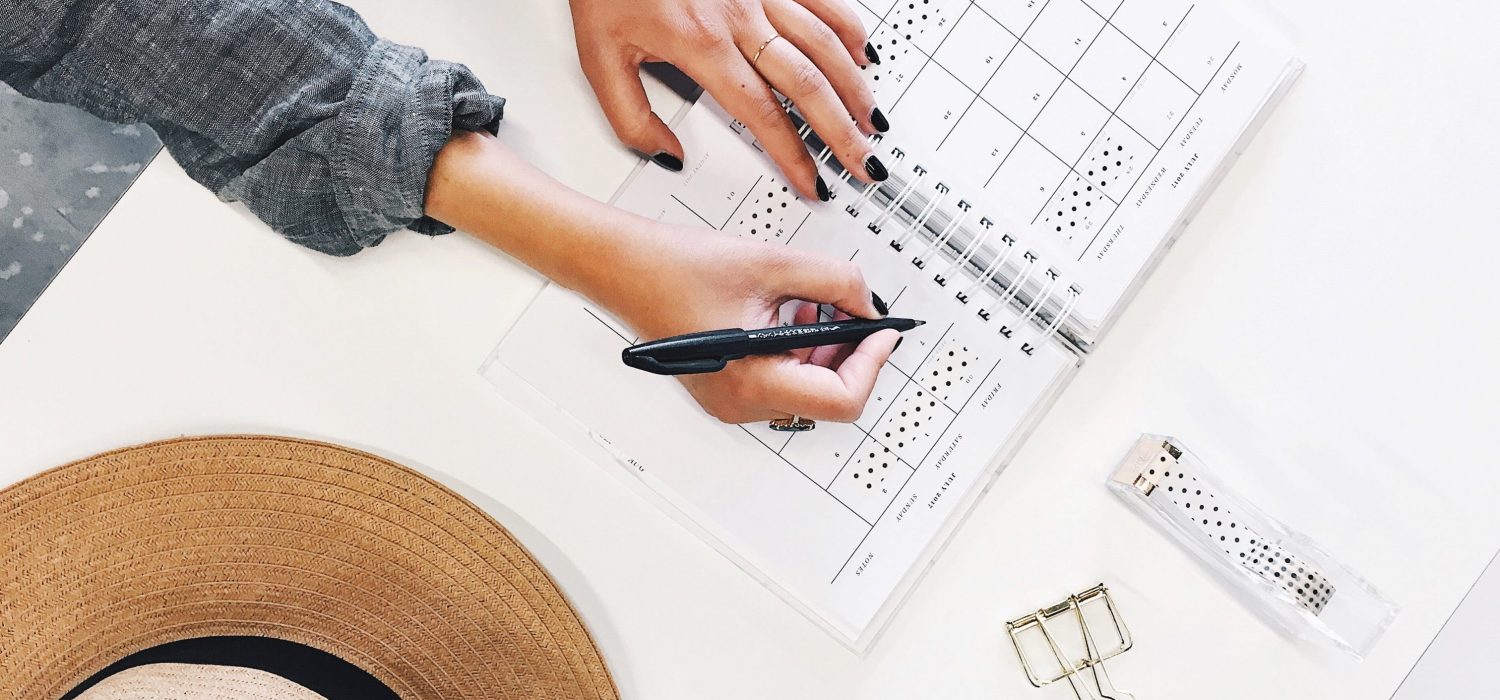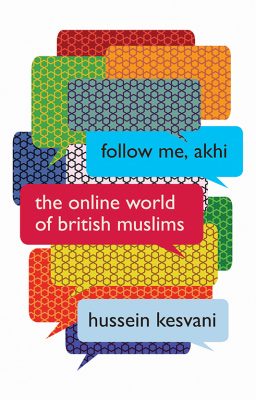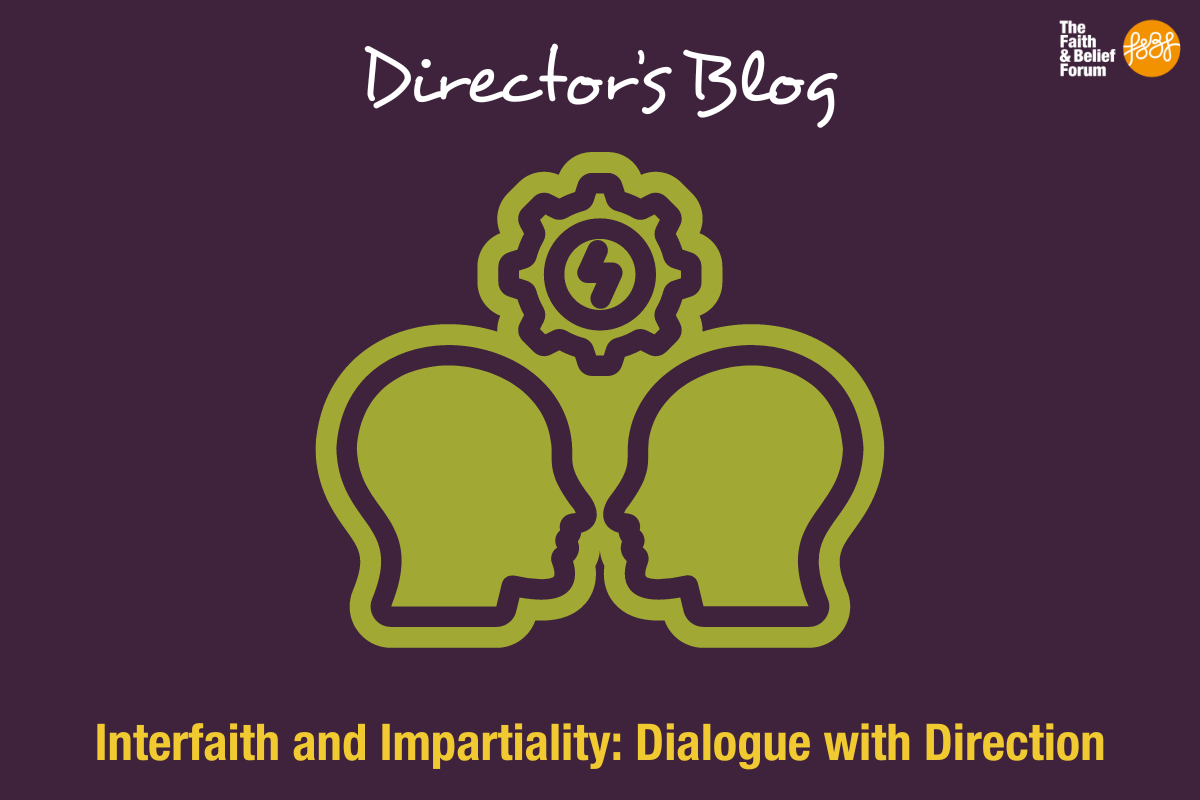
Menu
Menu

24 / 02 / 21

Former FBF intern Samera Iqbal reflects on trust, faith and stumbling blocks to counting blessings during the pandemic
Holding onto faith during the pandemic has been difficult.
Having faith as a Muslim means to put my trust in the plan of a higher being. If something good happens, it’s thanks to Allah (God). Likewise, if something bad happens, then it’s Allah sending down a test for me to overcome. I’ve tried to make that my approach for the last year and, as I’m reflecting on it, I really needed to have that approach.
When the first lockdown was announced, I saw the way in which my faith community had to change overnight. Friday prayers were cancelled, and the mosques were closed – things that I don’t ever remember happening in my lifetime. Ramadan came soon after and that’s when it started to hit me. This holy month of fasting always felt like a time of unity within my faith community. It was the one time of the year where my community focused on fasting, praying and reading constantly from the holy book, the Qur’an. For me, personally, I loved going to the mosque and watching everyone come together to pray until late hours. I loved breaking my fast with all my extended family. Having that taken away during the pandemic hit me hard, and it made me wonder what we had done as a community to have it taken away from us?
What I hadn’t noticed at the time was that this sense of unity had  adapted. There’s a book that I read by Hussein Kesvani during the summer called Follow Me Akhi: The Online World of British Muslims. In this book, Kesvani pointed out the problems in how Islam is conveyed online, and as I read it, I started to think more about what has changed since it had been published. Since everyone is forced indoors, Islamic seminars are online, my brother isn’t travelling to his madrassah (Islamic school) on the weekends, and even though we don’t pray together via online platforms, my faith community instead connect through Zoom circles. That sense of unity that I had become so accustomed to did, in fact, adapt. The test that I had been wondering about had become a test of unity.
adapted. There’s a book that I read by Hussein Kesvani during the summer called Follow Me Akhi: The Online World of British Muslims. In this book, Kesvani pointed out the problems in how Islam is conveyed online, and as I read it, I started to think more about what has changed since it had been published. Since everyone is forced indoors, Islamic seminars are online, my brother isn’t travelling to his madrassah (Islamic school) on the weekends, and even though we don’t pray together via online platforms, my faith community instead connect through Zoom circles. That sense of unity that I had become so accustomed to did, in fact, adapt. The test that I had been wondering about had become a test of unity.
I would love to say that this realisation made me stronger in my faith. However, that would be a lie.
Understanding this test is only the beginning for me to get through this. If it was possible to find a silver lining in a world turned upside down, I had to believe that there is a reason for what we’re going through. And that meant believing that there is some sort of ending to this. Of course, every day is an endless struggle of finding that way out, what with a constant see-saw of restrictions.
But maybe I’m not meant to understand this.
When it comes to understanding what I as a Muslim call ‘Allah’s plan’, it means to understand that whatever I’m hit with, it’s for the best. And as I’m reflecting on it, maybe that is true. I moved right next to my extended family to support them. I got a new job. I’ll be starting a postgraduate course in September. I reconnected with an old friend that I hadn’t really seen in ages. If I’m speaking honestly, that might not have happened without the pandemic. Allah’s plan, from what I can see, did benefit my life.
So as we mark a year of this pandemic, the lesson that I’m taking with me is to count my blessings. With every blessing I count, I might not understand why something is happening, but I will understand that whatever has happened as a result of it is what’s best for me.
About the author: Samera Iqbal is a former FBF intern who worked with the Education and Learning team to inspire interfaith dialogue in young people. Her Islamic faith has been a source of strength over the years, and she combines this with a love of writing, cooking and East Asian culture to remain composed throughout troubling times. Having been inspired by her own FBF experience, she is now returning to education to complete her PGCE in English at IOE and continuing inspiring young people.

16 / 02 / 24

15 / 02 / 24